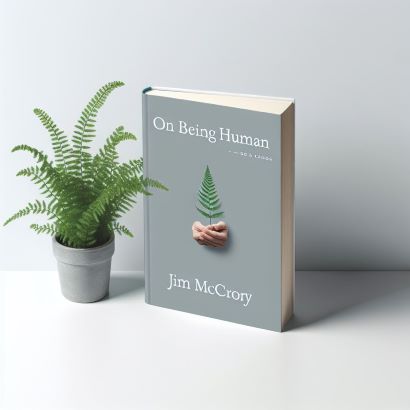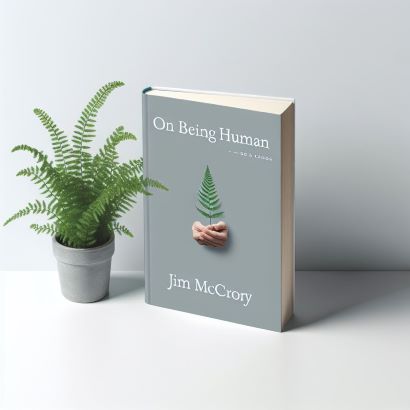“The absence of God is only from the perspective of the person turned away.”
C.S. Lewis

Image generated with the assistance of Microsoft Copilot
Why Does God Not Make His Presence Known to Me?
It is a question that some Christians ask themselves. The feeling of emptiness and distance from God. There are seasons in life when we sit in a religious service, sing songs of praise, listen to prayers and pray, and yet, feel nothing. The words fall from our mouths like dry leaves, brittle with routine. We read the Bible, but it seems like a closed book. We pray, but it feels like we’re speaking into the wind. We look for God but see only the fog.
It is one of the great anguishes of sincere faith: the silence of God.
And so, we ask: Why does God not make His presence known to me?
But the question might contain its own answer. For there is a difference between God not being present and God not being perceived. As C.S. Lewis once put it, “The absence of God is only from the perspective of the person turned away.”
Like a man with his back to the sun who wonders why everything is in shadow, we may live our lives turned away from the light. We go through the motions—meetings, prayer, preaching—but like somnambulists, we are not awake.
Paul, writing to the Ephesians, reaches into this very state of spiritual drowsiness and calls it by name:
“Wake up, O sleeper,
rise up from the dead,
and Christ will shine on you.”
(Ephesians 5:14)
Here is a startling truth: Christ shines on us not when we are good or deserving or loud in our faith, but when we wake up.
We often think God is hiding. But scripture paints a different picture. God is not the elusive one; we are the distracted ones. God is the burning bush that does not consume, but we are Moses before the awakening. God is the still small voice, but we are Elijah, still storm-tossed by wind and earthquake.
We have cultivated lives of noise, busyness, and performance. We are like a man carrying a candle in full daylight and wondering why it does not shine. The Christian environment can sometimes become like wallpaper: familiar, unexamined, uninspired. We know the phrases, the creeds, the prayers. But the heart is not engaged.
In ancient wisdom, the Hebrew prophets spoke of a time when people would “These people draw near to Me with their mouths and honor Me with their lips, but their hearts are far from Me. Their worship of Me is but rules taught by men.” That distance, the gap between the lip and the heart, is often where the silence of God is most deafening.
The Christian fathers spoke of acedia as being a kind of spiritual listlessness, a soul’s sleepwalking. Not rebellion, not wickedness, just weariness. Dante placed it among the sins of the slothful, those who let divine opportunities pass while waiting for a voice that had already spoken.
One once said that asking why God doesn’t speak is like asking why your phone doesn’t ring when it’s turned off. God may be calling, but we’re in airplane mode.
Paul’s words offer more than a rebuke; they offer a revelation:
“Woe to those who dig deep
to hide their plans from the LORD.
In darkness they do their works and say,
‘Who sees us, and who will know? “”
(Ephesians 5:15)
This is the miracle. When we wake up, when we rise from spiritual death, we do not just see the light—we become the light. We are not meant to be passive receivers of God’s presence, but radiant reflections of it.
So why does God not make His presence known to me?
Perhaps
He has.
In the rustle of trees, the wordless kindness of a stranger, the ache you feel
when you watch the sunrise alone. Perhaps God has not stopped speaking, but we
have stopped listening.
The call is not to wait for a dramatic sign, but to wake up. To let the light in. To notice.
Like a sleeper stirring at dawn, may we rise—not because we feel worthy, but because He has already shone the light.
And in time, like windows catching the sun, we too may shine.











